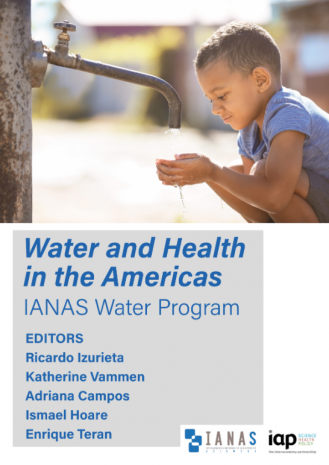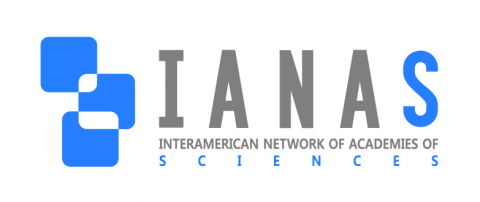Life, as we know it, hinges on the existence of water, one of Earth's most vital resources. Water plays an indispensable role in the cultivation of food and fibre, whether it's through natural rainfall or deliberate irrigation. It also holds immense significance in various industrial processes and remains essential for providing essential environmental services. However, the challenge lies in the irregular availability of water in the required amounts and quality, precisely when and where it's needed. This discrepancy underscores the concept of water scarcity, where demand for water and its associated services surpasses the available supply.
Water scarcity is expected to intensify throughout the Americas in the future. Among the causes of this are:
- increasing population,
- continuing economic growth,
- deteriorating water quality,
- over-exploitation of ground water, and
- climate change.
In some instances, scarcity will become severe unless it is attended to. This means that effective management of water will be essential to ensure the availability of those resources to support human health, nutrition, economic performance and the environment.
The Water Programme of the Inter-American Network of Academies of Sciences (IANAS) was created to present water science to society in different forms. In 2019, a Strategy Plan was developed by focal points representing their national academies, all of whom are experts in different areas of water management. The plan was elaborated as a guide aimed to orientate a strategy for the upcoming future in confronting the most prominent and actual water problems to contribute to science orientated to better water management in the Americas.
A series of webinars on Water and Health were developed by the programme, having as a reference the mission of the IANAS Water Programme, which is:
- to foster the cooperation between academies of sciences in the Americas;
- to build scientific capacity in higher education, governmental and private sectors;
- to generate and disseminate the best credible scientific information on water for society in order to promote public understanding of science and its role;
- and to provide an independent source of scientific advice and knowledge for effective policy making on water management for sustainable development and an informed public.
This publication compiles the presentations of various experts in the water and health phenomenon who addressed the successes, achievements, failures and new challenges of the control, elimination and eradication of water related maladies in the Americas.


